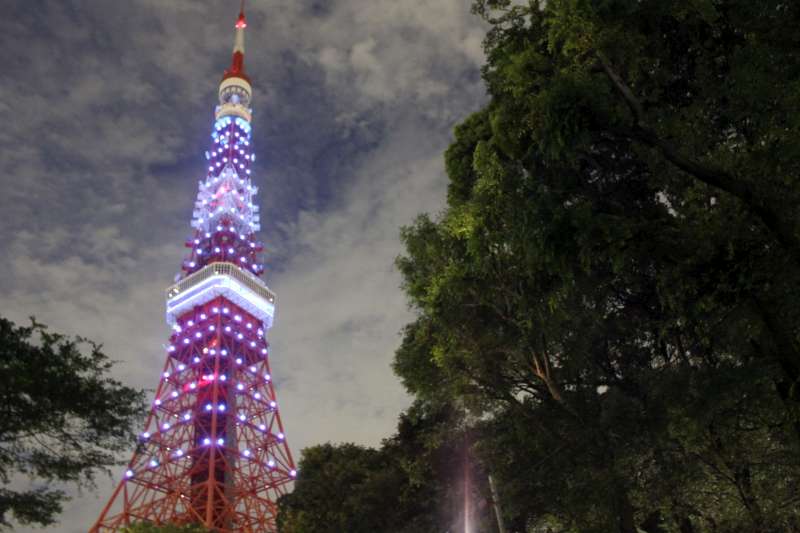Refugees from six decades gather in Washington for landmark congress
Refugees from six decades gather in Washington for landmark congress

WASHINGTON, DC, United States, August 4 (UNHCR) - Refugees from the past six decades, including a Sudanese supermodel and a Lao mental health worker, have gathered in Washington, DC, to discuss the challenges that refugees face around the world.
The fascinating group of 60 current or former refugees and asylum-seekers are participating in the first Refugee Congress to be held in the United States. The two-day event opened Wednesday outside the Capitol, home of the U.S. Congress, and is being organized by UNHCR to mark the 60th anniversary of the UN Refugee Convention.
"Refugees are not a burden. The Refugee Congress sheds light on the contributions refugees bring to our communities. They share the same values as everyone," Alex Wek told the landmark meeting. The ethnic Dinka supermodel fled her native South Sudan to escape civil war in the 1990s and became a refugee in the United Kingdom.
She said she had come to the Refugee Congress to help spread more awareness about the trauma that refugees endure, as well as the vibrancy they bring to their new home countries. But Wek stressed how important it was for the international community to help refugees, while praising UNHCR for the work it does around the globe.
Mental health worker Sompasong Keohavong represents refugees from the 1970s, when UNHCR was kept busy helping people forced to flee their homes in Indochina. He came from Laos, fleeing persecution in the landlocked country in 1975 and living for one year in a refugee camp in Thailand before being resettled in the United States.
"Most of us live a successful life here and we have stories to tell," stressed the resident of Seattle in Washington State. "The Refugee Congress can pinpoint the needs of refugees and figure out how to solve problems."
Refugees from every decade since 1950 are taking part in the Congress and they represent almost every state in the United States and emergencies on every continent in the world. They include activists, artists, government officials, authors and resettlement agency workers, including Fatuma Elmi, who fled Somalia in 1991.
Twenty years later, her country is still enduring appalling suffering. Tens of thousands of people have fled their homes this year in Somalia to escape fighting, persecution and the worst drought in the region in more than half-a-century.
"As a Somali, it is heartbreaking to see what is happening," said Elmi, who works for the Lutheran Social Services. She also welcomed discussion at the Refugee Congress on the challenges that resettled refugees face, and their needs. "People need more time and assistance to integrate in the United States," she said. "The Refugee Congress is helping to provide recommendations for how to best make that happen."
Vincent Cochetel, UNHCR's Washington-based regional representative, told the participants that they were testament to the United States' long humanitarian tradition of hospitality and protection. "Today, we have heard refugees speaking for themselves and making policy recommendations that will hopefully influence how integration programmes are designed, implemented and evaluated," he said.
By Lilli Tnaib in Washington, DC, United States






